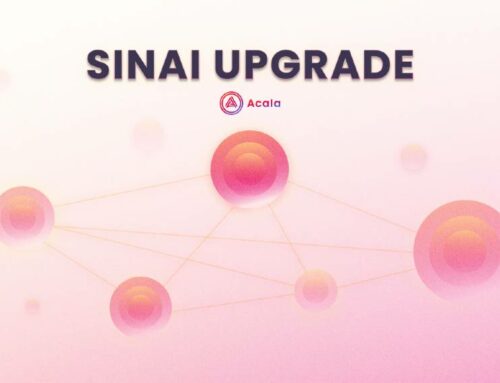Transforming Healthcare Data Management with Blockchain Technology
Today, blockchain has the potential to address many of the major issues impacting the efficient delivery of a wide range of healthcare services.
As the world becomes increasingly digital, new technologies are transforming the way people store, manage and share data. One of the most promising of these advanced technologies is Blockchain.
The potential applications of Blockchain are many, from enabling transparency and accountability in the processes for issuing government savings bonds to improving healthcare data management. For example, with Blockchain, healthcare providers can securely store, share, and access information about their patients in a more secure manner than was previously possible. This is one of the best ways to improve care coordination among caregivers which goes a long to improve overall healthcare delivery.
The Challenges of Healthcare Data Management
Despite the importance of healthcare data, the current system for its management and sharing is fragmented and largely inefficient. Some of the key challenges that healthcare providers face when it comes to data management include:
Security and Privacy Concerns
Healthcare data is among the most sensitive and private information out there, which is why keeping it secure is of utmost importance. However, with traditional data management systems, security breaches are all too common. Unfortunately, this can result in patient data being exposed or even stolen. This not only puts patients at risk but it can also damage the reputation of healthcare providers.
Interoperability Issues
Healthcare data is often spread across multiple systems and platforms, making it difficult for providers to access and share information. This can lead to delays in care because providers must spend time tracking down and piecing together patient data from various chaotic sources.
Inefficiencies in Data Sharing
Traditional data-sharing methods like faxing and sometimes even emailing, can be slow and prone to errors. This can lead to delays in urgent care and even harm for patients in some cases.
Lack of Patient Control
Patients often have little control over their own data, and they may not even be aware of who has access to it. This lack of transparency can completely erode patient trust in the healthcare system.
Regulatory Compliance
Healthcare providers must comply with a range of regulations and standards when it comes to data management. Failure to do so can result in hefty fines and legal consequences.
How Blockchain Can Improve Healthcare Data Management
After going through the challenges that healthcare providers face in terms of data management, let’s see how Blockchain can make a difference. Here are some of the ways the technology can improve healthcare data management:
Security
Using Blockchain is a highly secure way to store and share data. Each block in the Blockchain contains a cryptographic hash of the previous block, making it virtually impossible to alter past data without detection. Additionally, Blockchain-based systems can give patients more control over their own data, ensuring that their privacy is well protected.
Decentralization
With Blockchain, data is stored across a distributed network of nodes, instead in a central location. This means that there is no single point of failure in the Blockchain network, making the system more resilient and less vulnerable to cyberattacks.
Data Sharing
Blockchain technology can enable real-time, secure data sharing between healthcare providers, making it easier to coordinate care. Blockchain systems can allow patients to control who has access to their data, ensuring that their information is shared only with authorized parties.
Smart Contracts
Smart contracts are self-executing contracts that run on the Blockchain. They can be used in healthcare to further improve many services. For example, smart contracts can automate various processes, like insurance claims processing and drug supply chain management. This can lead to cost savings and overall increased efficiency in the healthcare system.
Improved Data Quality
With Blockchain, data can be verified and validated in real-time. This means the data will always be accurate and up-to-date. That is a great way to improve the quality of healthcare data, and it can lead to better decision-making and improved patient outcomes.
Conclusion
Healthcare data management is a critical component of the healthcare industry, but the current system for managing and sharing this data is fraught with challenges. However, Blockchain technology has the potential to transform healthcare data management by providing a secure, decentralized, and efficient way of storing and sharing patient data.
While there are still challenges that need to be overcome for Blockchain to be widely adopted in healthcare, the potential improvements are significant. As more healthcare providers and government agencies explore the potential of Blockchain, there will continue to be innovation and advancement in this exciting field.

Don’t miss out – Find out more today



